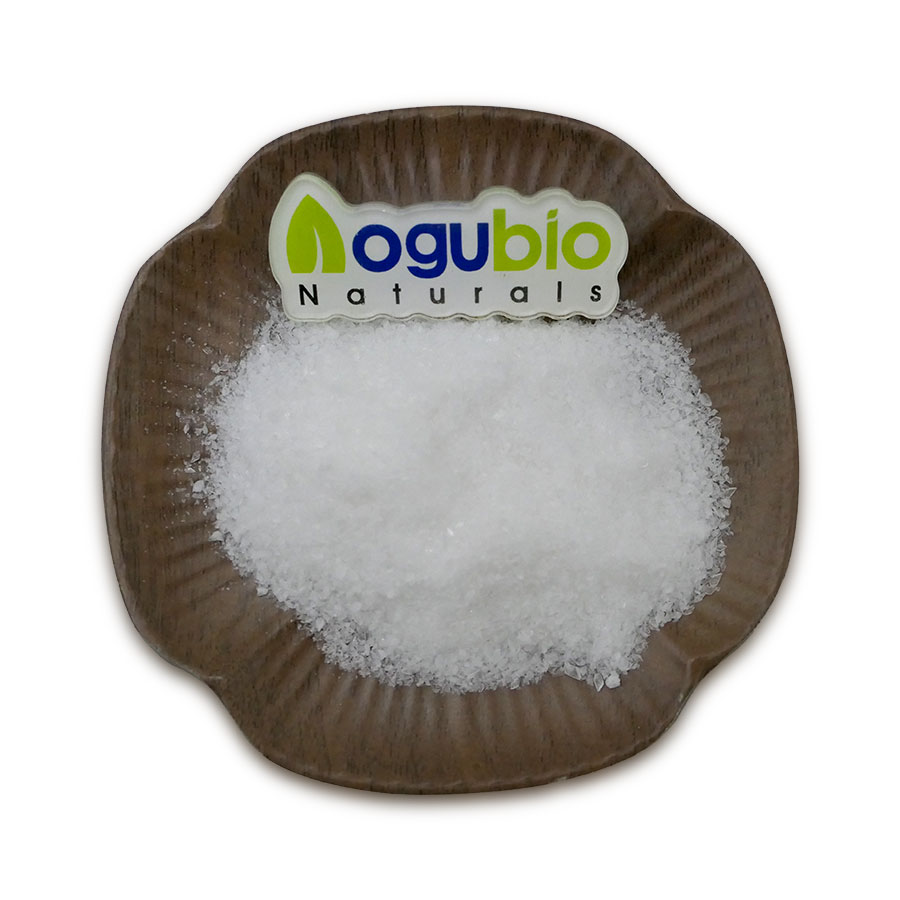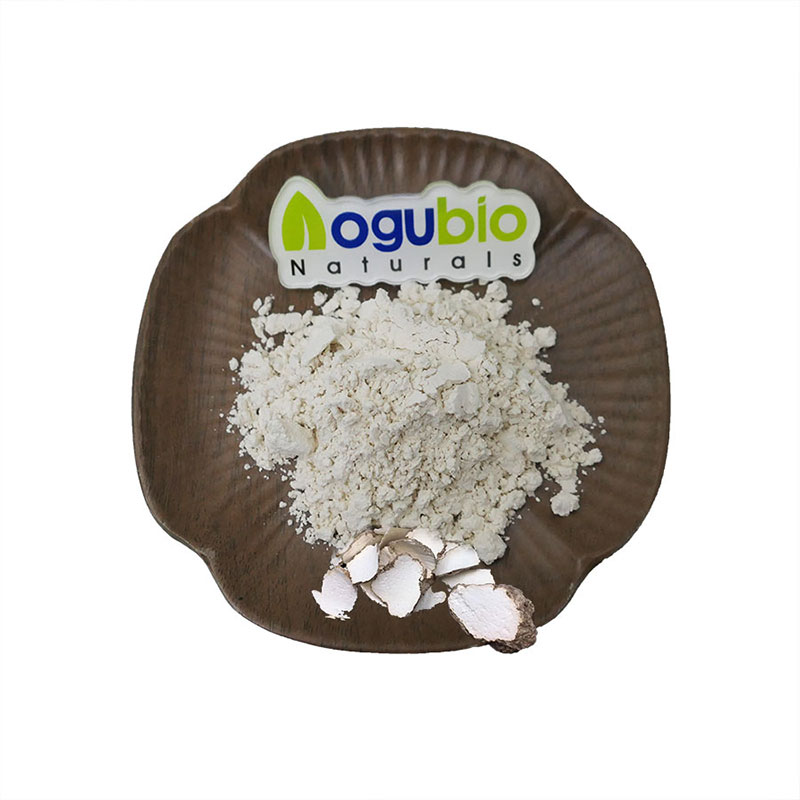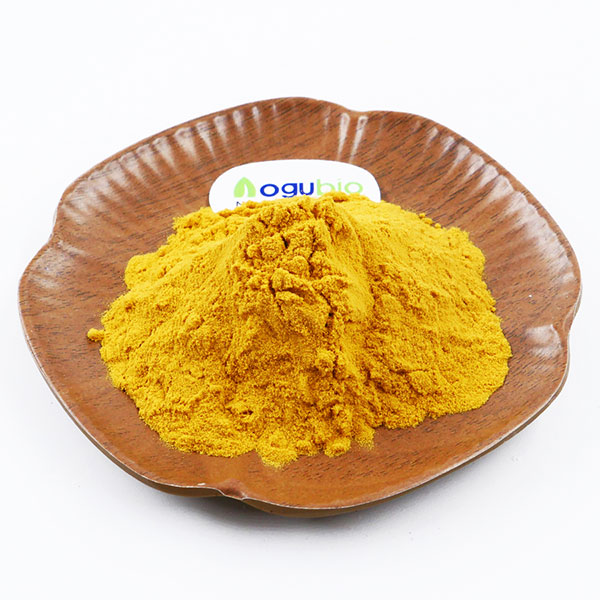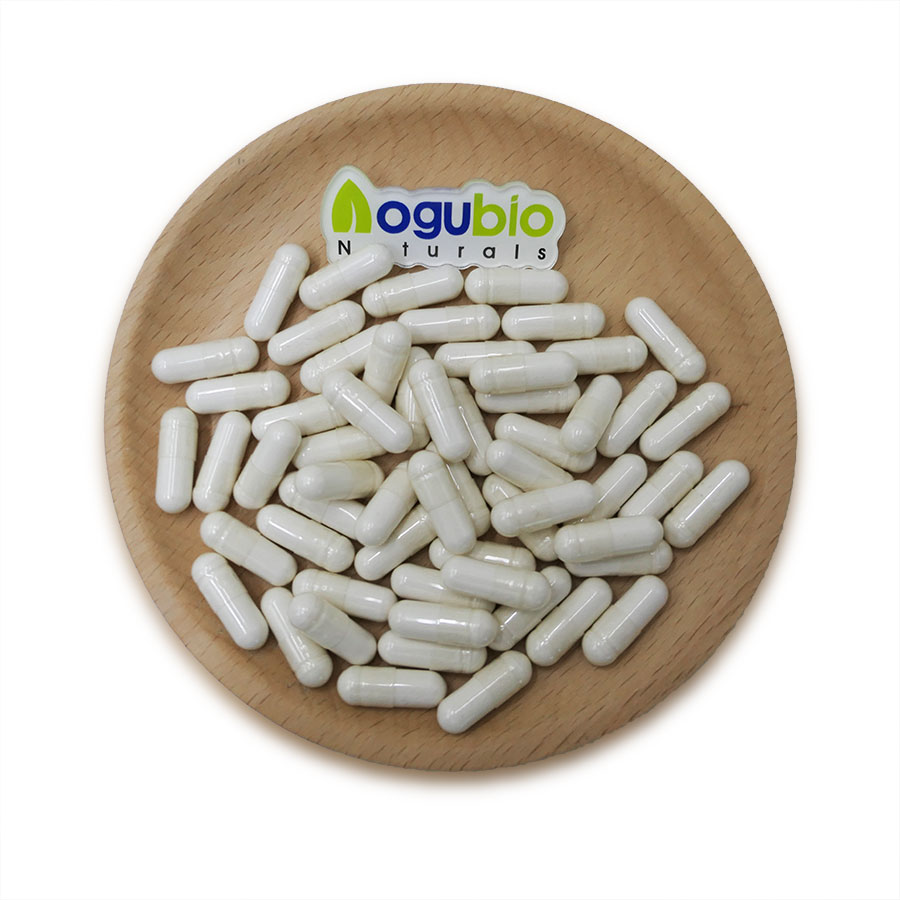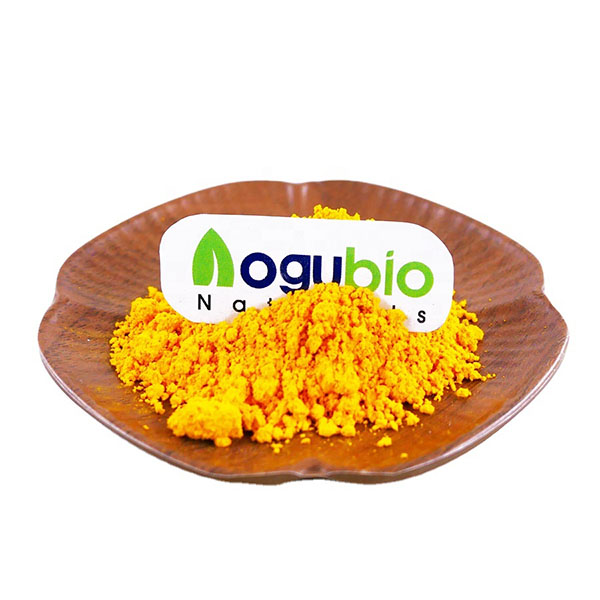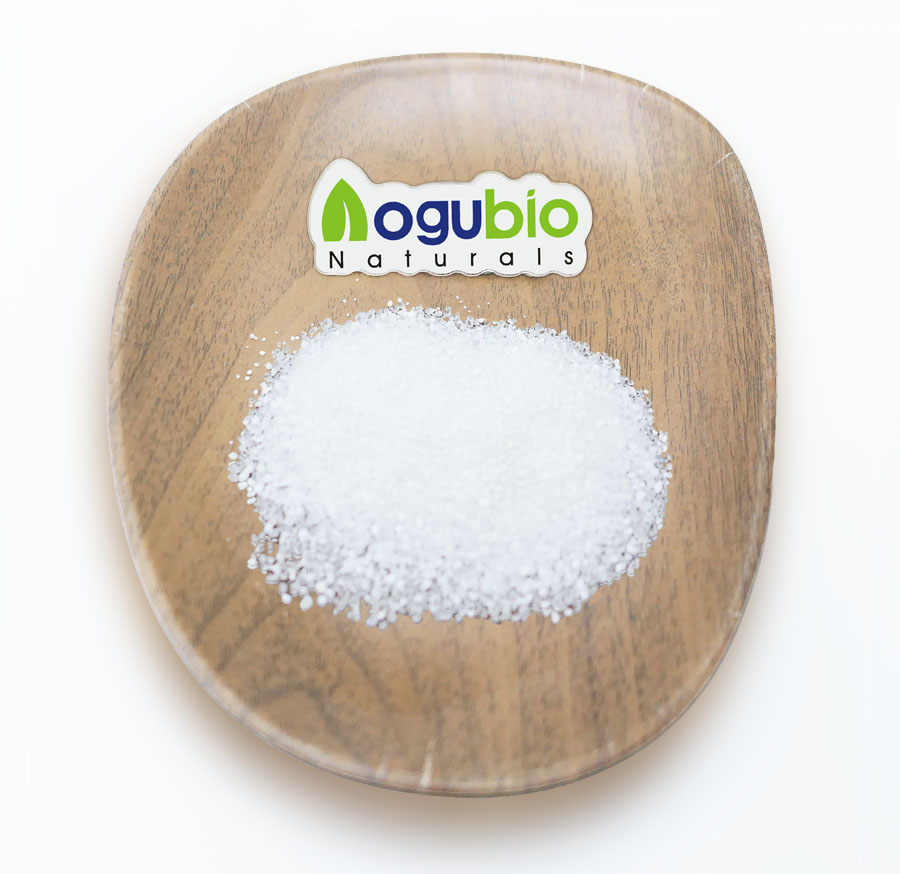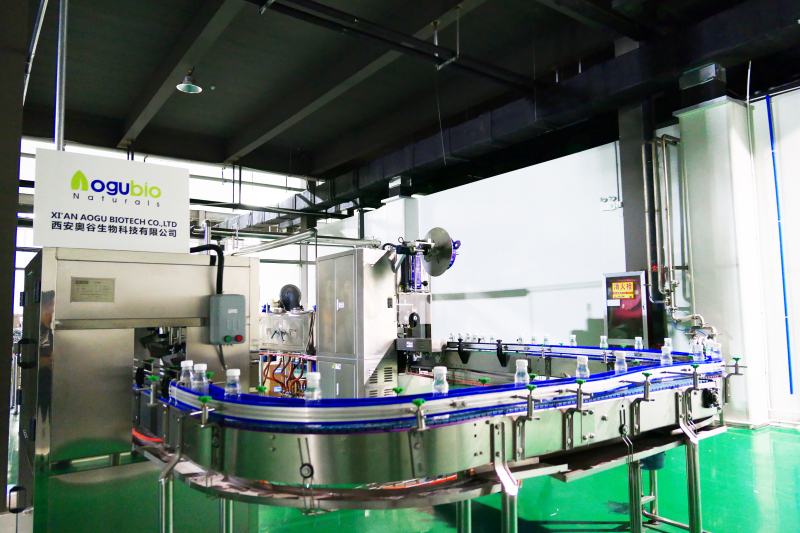N-Acetylcysteine: Unveiling the Powerhouse of Antioxidants
N-Acetylcysteine (NAC) powder is a powerful antioxidant that has gained significant attention in the field of health and wellness. Derived from the amino acid L-cysteine, NAC is known for its ability to combat oxidative stress and support various bodily functions. This article will delve into the benefits of NAC powder and how it can contribute to overall well-being.
One of the primary roles of NAC is its antioxidant properties. Oxidative stress occurs when there is an imbalance between the production of free radicals and the body's ability to neutralize them. Free radicals are highly reactive molecules that can damage cells and DNA, leading to various health conditions. NAC acts as a precursor to glutathione, the body's most potent antioxidant, and helps boost its levels, thereby reducing oxidative stress.
Several studies have shown that supplementation with NAC powder can have numerous health benefits. For instance, research has indicated that NAC may support lung health by thinning mucus and assisting with expectoration. It has been used as a therapeutic intervention in conditions such as chronic bronchitis, asthma, and chronic obstructive pulmonary disease (COPD). NAC has also been shown to protect the liver from toxic substances, making it beneficial for individuals dealing with alcohol or drug-related liver damage.
Furthermore, NAC has gained recognition for its potential role in mental health. Research suggests that NAC may exert a positive impact on psychiatric disorders, including depression, bipolar disorder, and obsessive-compulsive disorder (OCD). It is believed that NAC's ability to modulate glutamate levels, reduce inflammation, and enhance antioxidant defenses may contribute to its therapeutic effects. However, further studies are needed to fully understand the extent of its benefits in mental health.
NAC's potential extends beyond its antioxidant properties. It has been explored for its ability to enhance athletic performance and reduce fatigue. NAC supplementation has shown promising results in improving exercise performance, reducing oxidative stress during strenuous activities, and speeding up recovery post-exercise. These findings make NAC an appealing option for athletes and fitness enthusiasts aiming to optimize their performance and support their body's recovery process.
In addition, NAC has been investigated for its potential in supporting cardiovascular health. Oxidative stress and inflammation play a significant role in the development and progression of cardiovascular diseases. NAC's antioxidant and anti-inflammatory properties make it a potential candidate for reducing the risk of conditions such as atherosclerosis, hypertension, and heart attacks. However, more research is needed to establish the specific dosage and long-term effects of NAC in cardiovascular health.
When considering NAC supplementation, it is important to consult with a healthcare professional to determine the appropriate dosage and ensure its compatibility with other medications or existing health conditions. Although NAC is generally considered safe, some individuals may experience mild side effects such as nausea, abdominal pain, or diarrhea.
In conclusion, N-Acetylcysteine powder unveils the powerhouse of antioxidants. Its ability to combat oxidative stress, support lung and liver health, enhance mental well-being, improve athletic performance, and potentially benefit cardiovascular health makes it a popular choice in the realm of supplements. As research continues to unveil the potential benefits of NAC, it is crucial to embrace evidence-based approaches and harness its power responsibly for optimal health and wellness.
Product Description
N-acetyl cysteine (NAC) comes from the amino acid L-cysteine. Amino acids are building blocks of proteins. NAC has many uses and is an FDA approved drug.
N-acetyl cysteine is an antioxidant that might play a role in preventing cancer. As a drug, it's used by healthcare providers to treat acetaminophen (Tylenol) poisoning. It works by binding the poisonous forms of acetaminophen that are formed in the liver.
People commonly use N-acetyl cysteine for cough and other lung conditions. It is also used for flu, dry eye, and many other conditions, but there is no good scientific evidence to support many of these uses. There is also no good evidence to support using N-acetyl cysteine for COVID-19.
N-Acetyl-L-Cysteine is an amino acid, can be transformed from the body of methionine, cystine can be transformed with each other. N-Acetyl-l-cysteine can be used as a mucilagenic agent. It is suitable for respiratory obstruction caused by a large amount of phlegm obstruction. In addition, it can also be used for detoxification of acetaminophen poisoning.
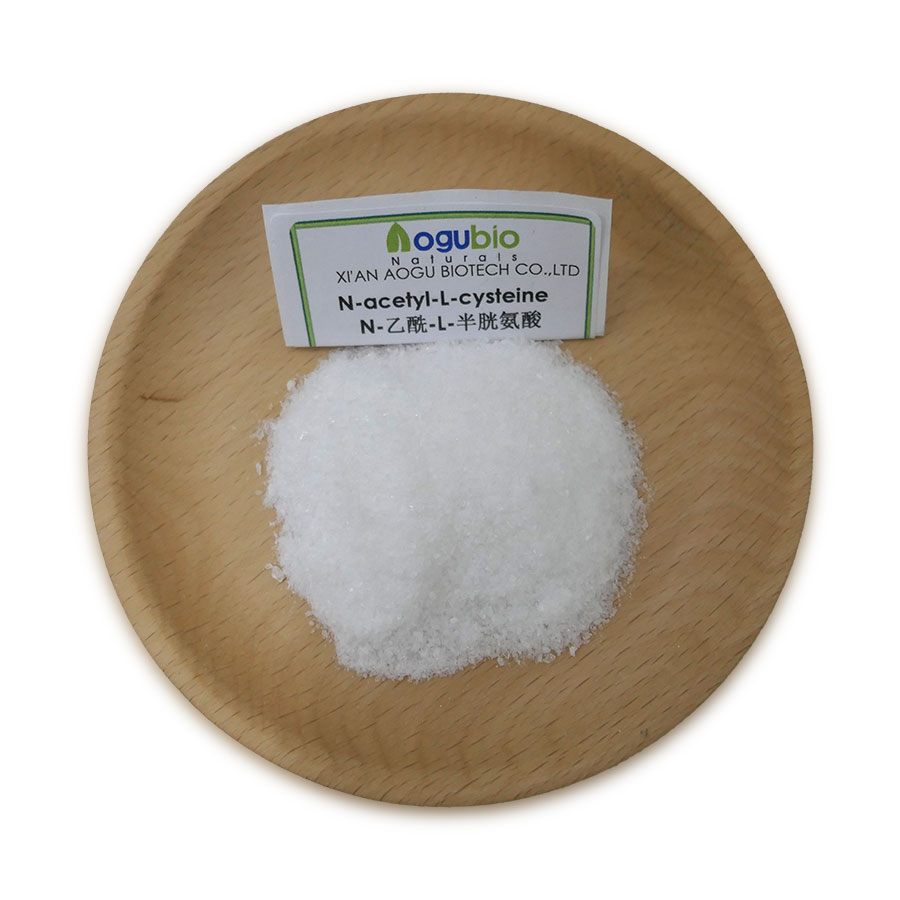
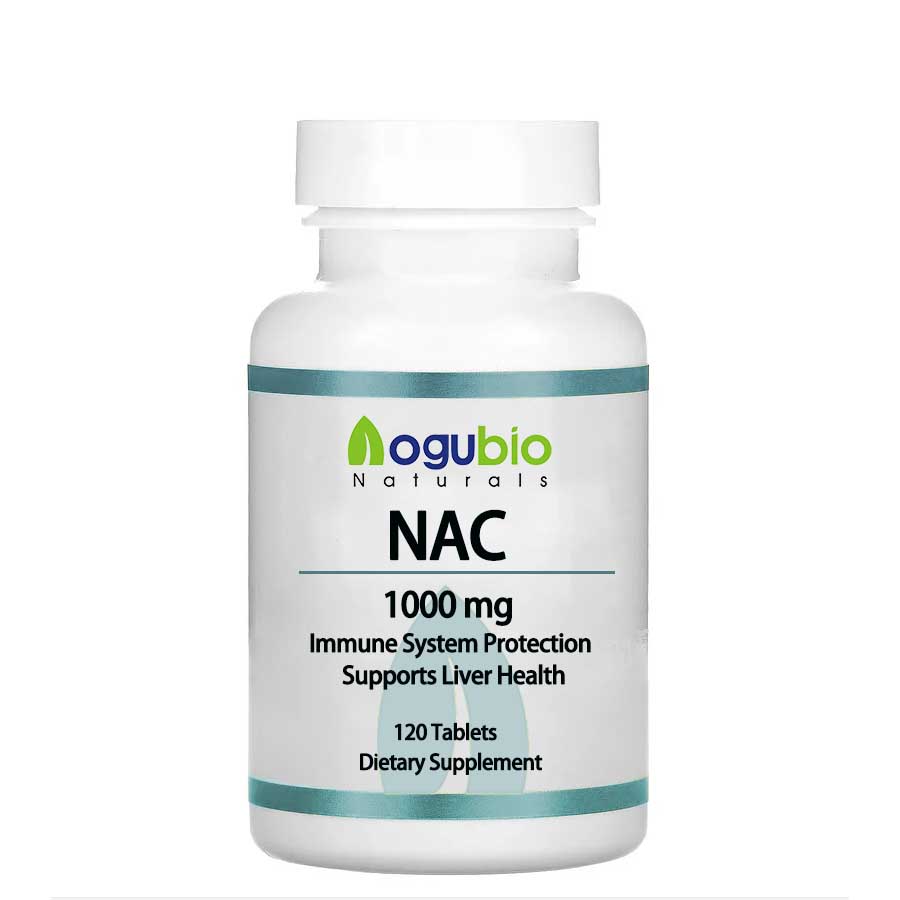
Function
N-Acetyl-L-Cysteine is an amino acid, can be transformed from the body of methionine, cystine can be transformed with each other. N-Acetyl-l-cysteine can be used as a mucilagenic agent. It is suitable for respiratory obstruction caused by a large amount of phlegm obstruction. In addition, it can also be used for detoxification of acetaminophen poisoning.






